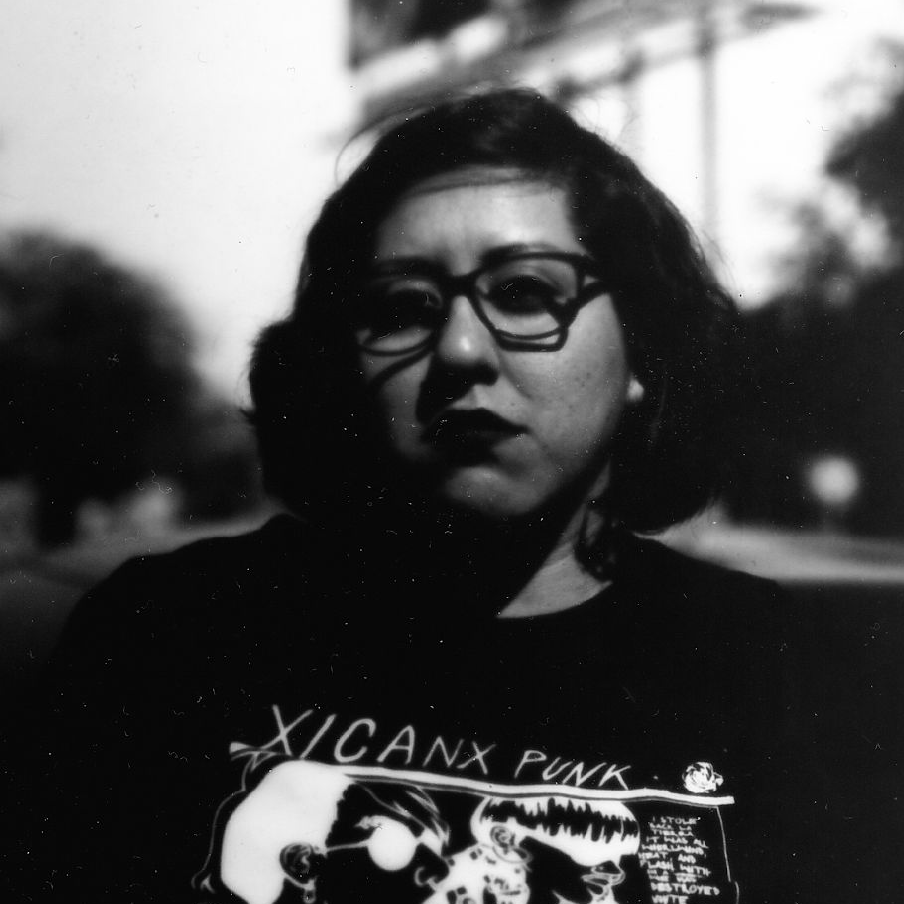 We all know that white men are at the top of the career food chain when it comes to earning power — with white women being a close second. (You need one more sentence, something giving an opinion or more info. Right now, it reads as two separate observations. So you need to supply the “so what” bitty 🙂 )
We all know that white men are at the top of the career food chain when it comes to earning power — with white women being a close second. (You need one more sentence, something giving an opinion or more info. Right now, it reads as two separate observations. So you need to supply the “so what” bitty 🙂 )
There are many ways to tackle this inequity, and I will present a few of my humble offerings towards this goal.
As I’ve grown as a writer, I find that more and more (white) people are sharing my work, whether it be in newsletters, curricula, or lesson plans. While that is amazing and gets my name out there, it doesn’t always turn into a type of quantifiable success. BIPOC writers don’t generally see extra income from the sharing of our work.

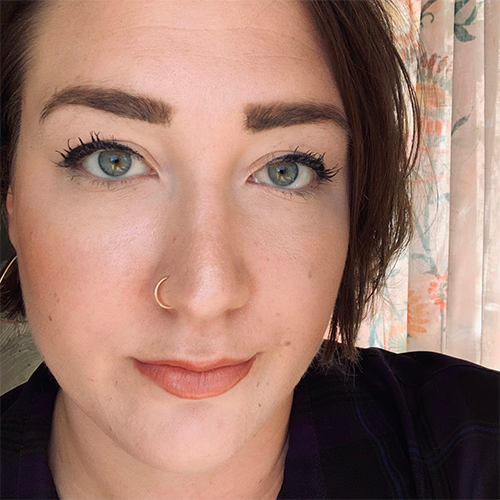 If your work environment and culture are inaccessible from the get-go, it is unlikely that disabled folks would feel encouraged to apply for or accept a position within your organization. With the continued impacts of the pandemic, our generation will grapple with disability at increased frequency and greater complexity than ever before, relying on already under-resourced and over-burdened support systems that are wholly unprepared for increased demand. This will only be exacerbated by the support needs of an aging generation of Baby Boomers. Accommodating disabled employees may be on your organization’s backburner, but any non-disabled member of your team can become disabled at any time.
If your work environment and culture are inaccessible from the get-go, it is unlikely that disabled folks would feel encouraged to apply for or accept a position within your organization. With the continued impacts of the pandemic, our generation will grapple with disability at increased frequency and greater complexity than ever before, relying on already under-resourced and over-burdened support systems that are wholly unprepared for increased demand. This will only be exacerbated by the support needs of an aging generation of Baby Boomers. Accommodating disabled employees may be on your organization’s backburner, but any non-disabled member of your team can become disabled at any time. 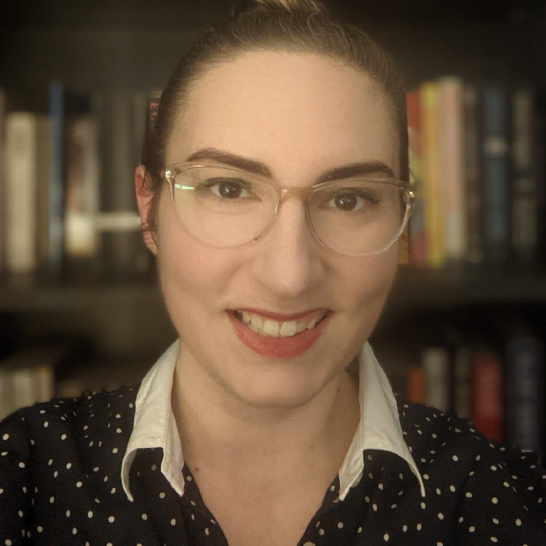 After a rough year in the nonprofit job market, I’m finally starting to see full-time research positions popping up regularly. That’s exciting, because I do miss working for an organization. In the ‘before times,’ I would have felt like I knew exactly the right approach to applying and interviewing. But in the before times, I didn’t know that I have an attention deficit hyperactivity disorder (ADHD). And now that I do know, I’m thinking about our working world very differently.
After a rough year in the nonprofit job market, I’m finally starting to see full-time research positions popping up regularly. That’s exciting, because I do miss working for an organization. In the ‘before times,’ I would have felt like I knew exactly the right approach to applying and interviewing. But in the before times, I didn’t know that I have an attention deficit hyperactivity disorder (ADHD). And now that I do know, I’m thinking about our working world very differently.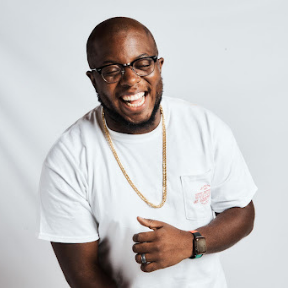 Have you ever wondered what it is that makes art so powerful?
Have you ever wondered what it is that makes art so powerful?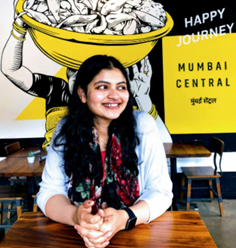 You don’t have to hold a C-level title to be a leader. You already are one — especially if you are chasing ridiculously long to-do lists, especially if your day is littered with activities ranging from people management to overseeing operations to technology wrangling to sitting in on check-ins and other meetings — especially when you’re doing all of this so that your project or program stays on course.
You don’t have to hold a C-level title to be a leader. You already are one — especially if you are chasing ridiculously long to-do lists, especially if your day is littered with activities ranging from people management to overseeing operations to technology wrangling to sitting in on check-ins and other meetings — especially when you’re doing all of this so that your project or program stays on course. 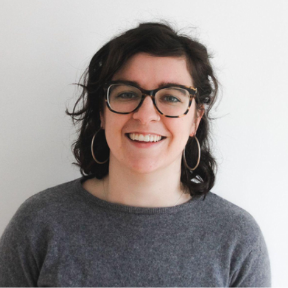 I’ve been working in the nonprofit sector for over ten years. I’ve been a volunteer, an intern, and a staff member.
I’ve been working in the nonprofit sector for over ten years. I’ve been a volunteer, an intern, and a staff member.  Encouraging equal opportunity to the salary negotiation process doesn’t ensure equal outcomes — it only further legitimizes a system that only continues to perpetuate sexism, racism, ableism, and many other -isms. The only way to ensure pay equity is to change the system.
Encouraging equal opportunity to the salary negotiation process doesn’t ensure equal outcomes — it only further legitimizes a system that only continues to perpetuate sexism, racism, ableism, and many other -isms. The only way to ensure pay equity is to change the system. 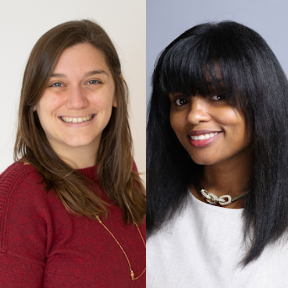 One of the key principles of CCF is valuing all stakeholder input equally. In this episode, Beyond Philanthropy co-hosts Monique and Valerie explore the nonprofit-stakeholder relationship, with a focus on those who receive services. Historically, this stakeholder group hasn’t been given equal footing at most organizations. Monique and Valerie discuss options for building a more inclusive relationship to those served by your organization and examples of how this is done — both poorly, and very well.
One of the key principles of CCF is valuing all stakeholder input equally. In this episode, Beyond Philanthropy co-hosts Monique and Valerie explore the nonprofit-stakeholder relationship, with a focus on those who receive services. Historically, this stakeholder group hasn’t been given equal footing at most organizations. Monique and Valerie discuss options for building a more inclusive relationship to those served by your organization and examples of how this is done — both poorly, and very well. 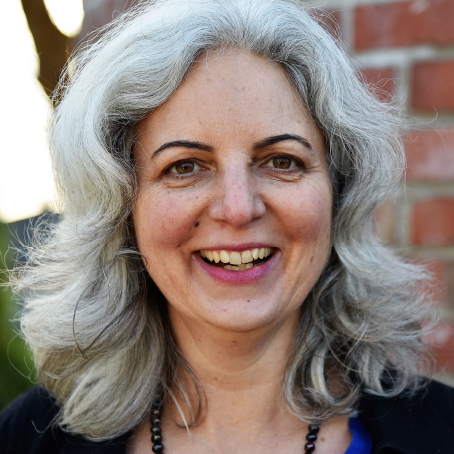 For historically white-led organizations, incorporating racial equity into strategic planning right now is like pushing a boulder up a hill.
For historically white-led organizations, incorporating racial equity into strategic planning right now is like pushing a boulder up a hill. I believe that the future of philanthropy relies on taking a community-centric approach. This means placing the community the nonprofit is serving at the center. It also means acknowledging philanthropy’s dark past and looking towards the future with a social and racial justice lens. It is the only way we can begin to collectively heal and bring equity to our communities. A key principle of community-centric philanthropy is valuing everything people can bring to the table besides money. This can take place in the form of time, items, talent or connections. Latinx people deserve a place in philanthropy because our community values are rooted in giving, especially the kind of giving that isn’t monetary.
I believe that the future of philanthropy relies on taking a community-centric approach. This means placing the community the nonprofit is serving at the center. It also means acknowledging philanthropy’s dark past and looking towards the future with a social and racial justice lens. It is the only way we can begin to collectively heal and bring equity to our communities. A key principle of community-centric philanthropy is valuing everything people can bring to the table besides money. This can take place in the form of time, items, talent or connections. Latinx people deserve a place in philanthropy because our community values are rooted in giving, especially the kind of giving that isn’t monetary.